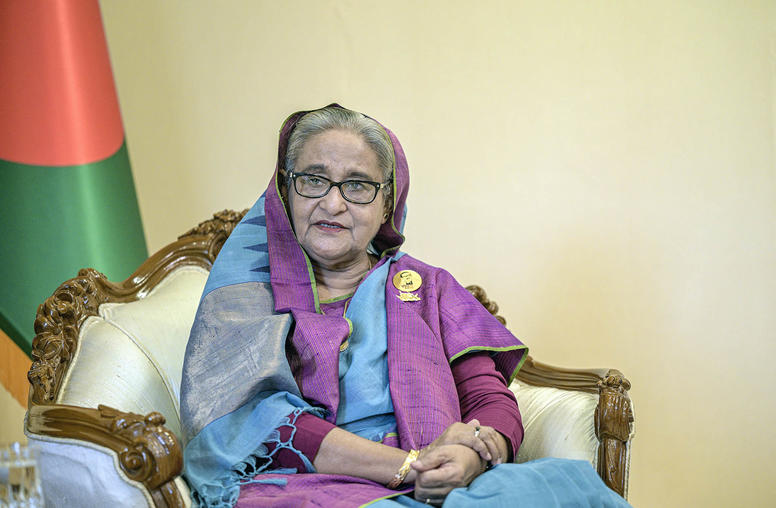The Persistent Challenge of Extremism in Bangladesh
The 2016 Holey Artisan Bakery attack in Dhaka brought international attention to the problem of violent extremism in Bangladesh and set off a concerted and controversial counterterrorism campaign by the Bangladeshi government. Six years later, the number of terrorist incidents has declined, but violent extremist groups continue their operations and recruitment.
A recent USIP Special Report surveys the contemporary dynamics, drivers, and manifestations of Islamist extremism in Bangladesh. The report recommends policies to promote social and political pluralism, apply police powers in accordance with the rule of law, and increase regional interreligious dialogue.
To discuss the report and its implications, on September 29, USIP and the report’s authors, Mubashar Hasan and Geoffrey Macdonald, hosted a timely virtual discussion moderated by USIP senior advisor Daniel Markey.
Continue the conversation on Twitter using #BangladeshUSIP.
Speakers
Geoffrey Macdonald
Senior Advisor for Asia and Bangladesh, International Republican Institute
Mubashar Hasan
Adjunct Fellow, University of Western Sydney Humanitarian and Development Research Initiative
Daniel Markey, moderator
Senior Advisor, South Asia, USIP



